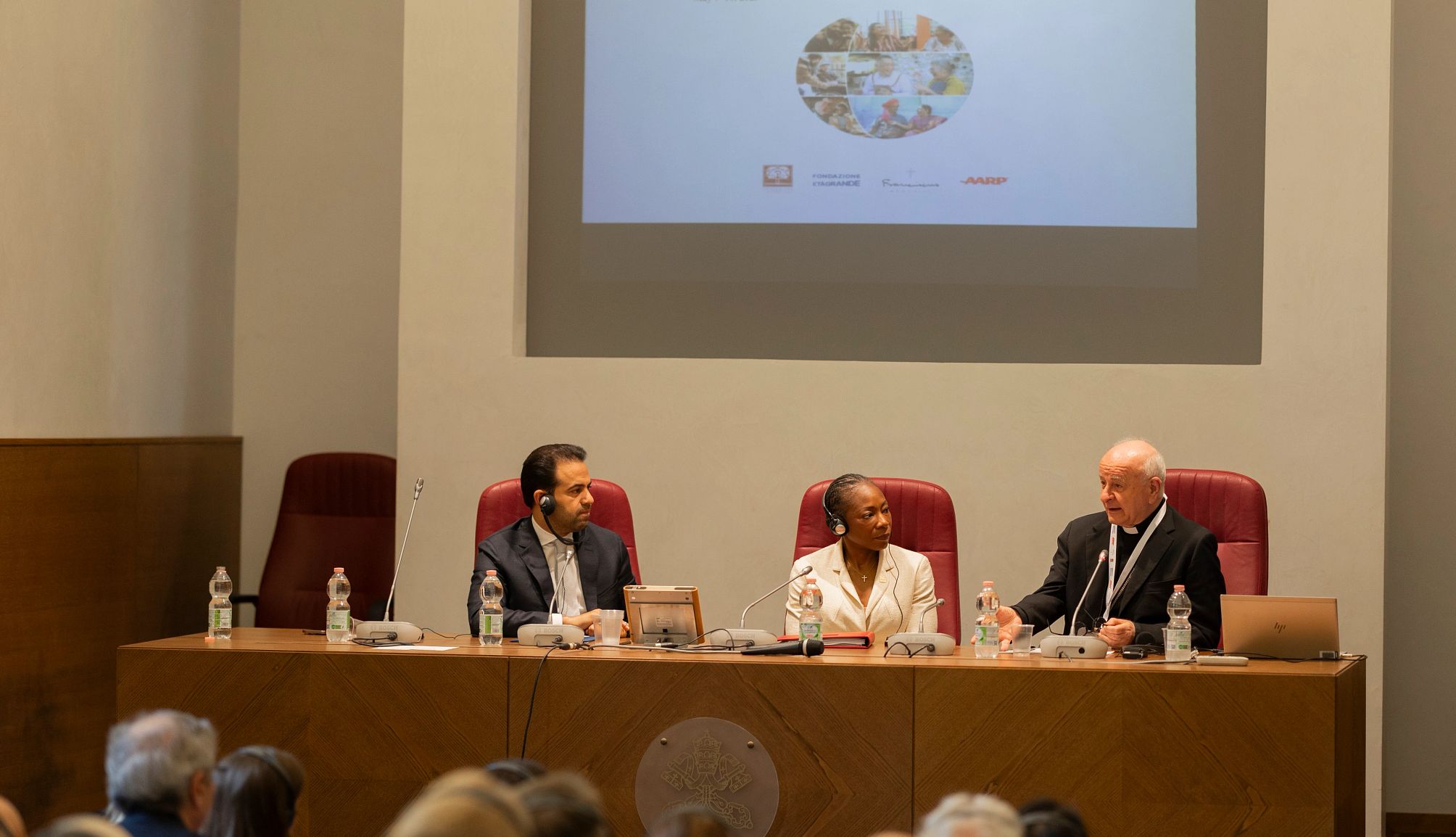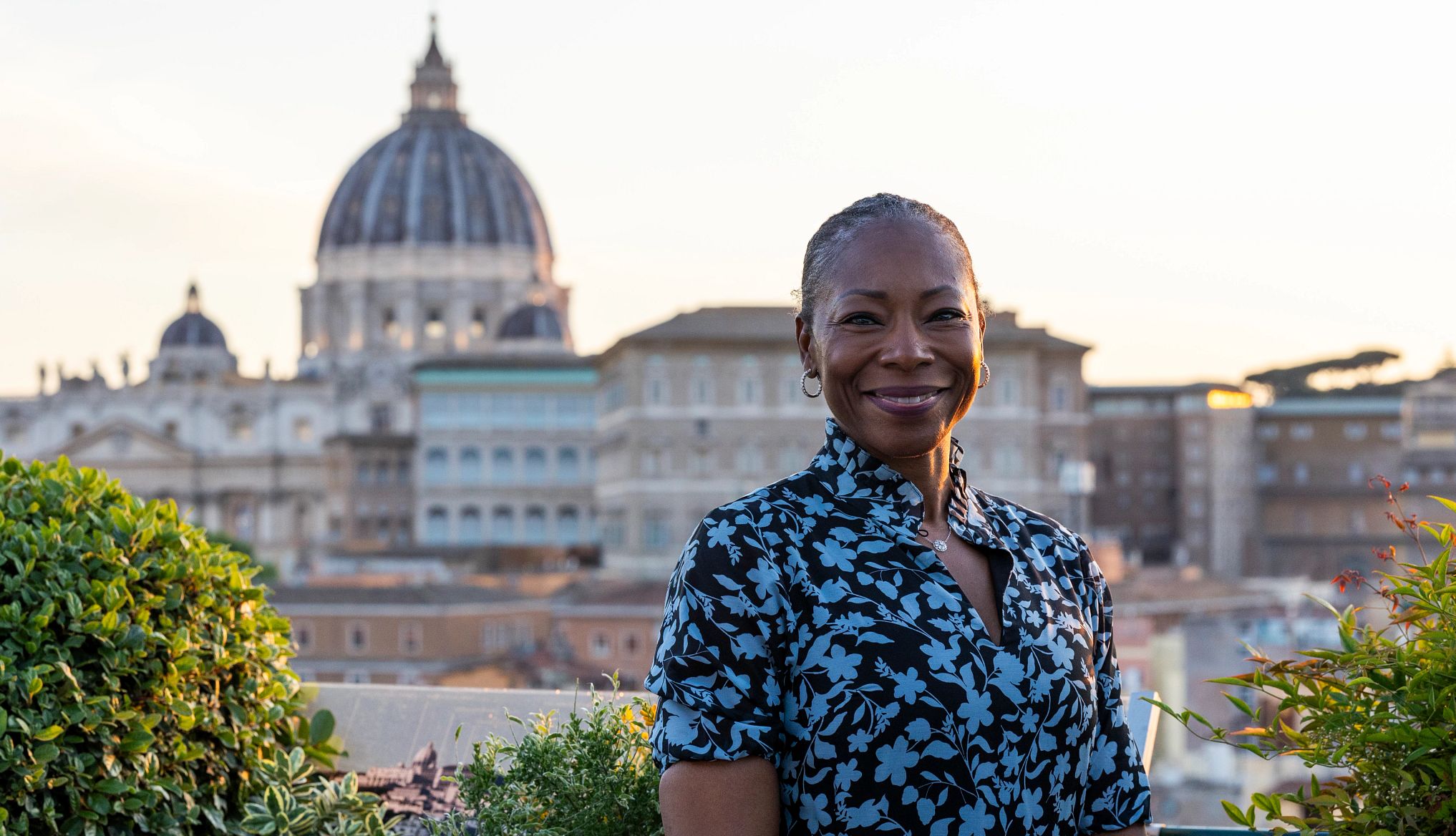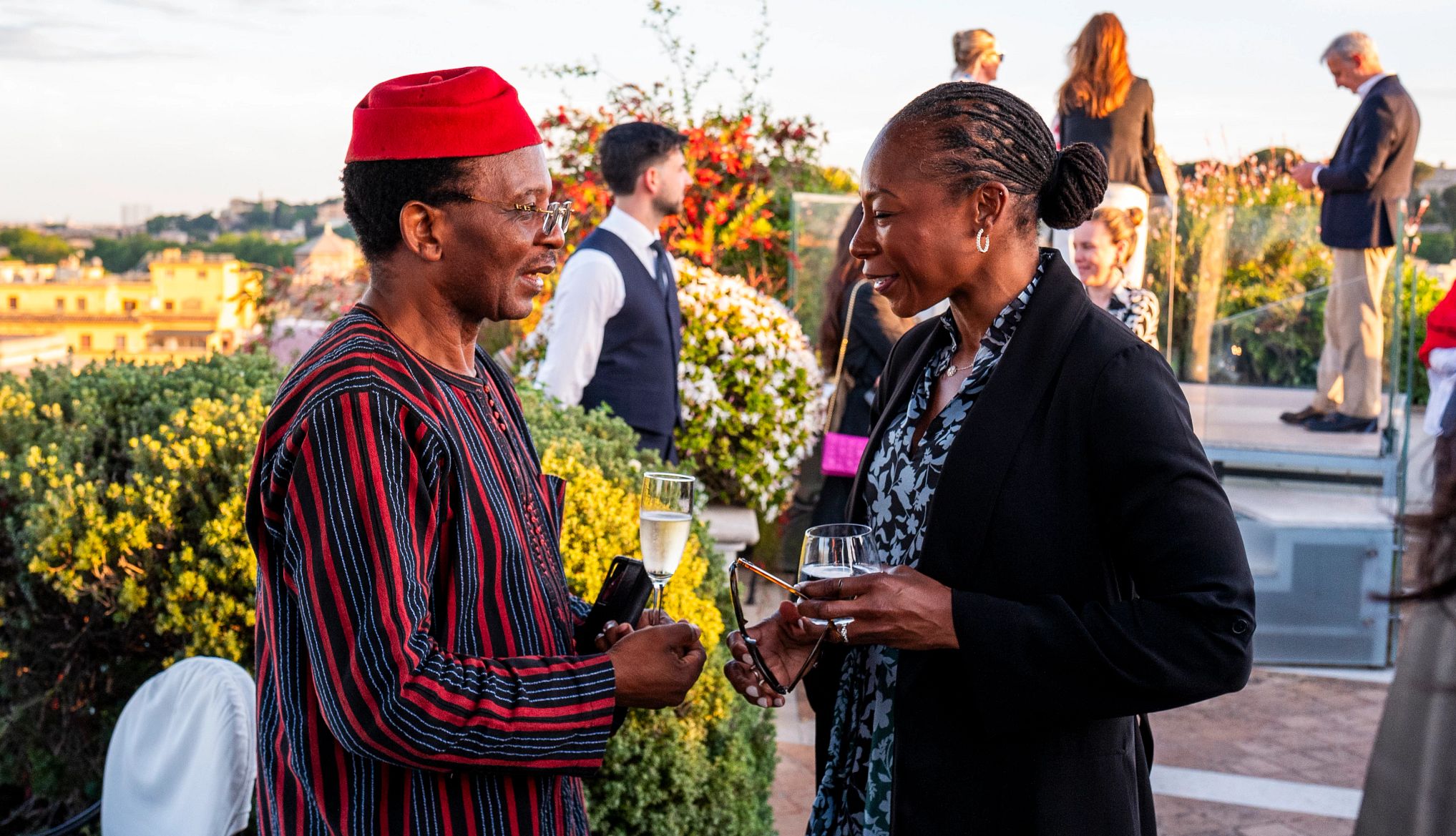AARP Hearing Center
As Pope Leo XIV spent his first full day as pontiff on Friday, AARP was at the Vatican meeting with doctors, scientists, academics, nongovernmental organizations (NGOs) and nonprofits from more than 20 countries to discuss the coming challenges of an aging population.
Before his death last month at age 88, Pope Francis had signed off on the agenda and planned to attend the conference convened by the Vatican and AARP to address global aging issues, brain health, the longevity economy and caregiving.
The event, “The Memory: A Symposium Addressing the Opportunities and Challenges of an Aging Global Population,” opened as the reign of the new Pope began.


“We promote this symposium, in partnership with AARP, to reflect with scientific and academic institutions on how to promote a model of longevity that does not limit itself to extending the years of life but to enriching them,” said Archbishop Vincenzo Paglia, president of the Pontifical Academy for Life and founder of the Età Grande Foundation.
The summit concluded with the signing of the “Vatican City Declaration of the Pontifical Academy of Life, AARP and the Muslim Council of Elders,” a document pledging a commitment to establishing global aging initiatives.


Working together with a common goal
On Friday, after Archbishop Paglia welcomed attendees, AARP CEO Dr. Myechia Minter-Jordan addressed the assembly and laid out the issue at the heart of the conference — the urgent concern AARP and the Vatican share about what she called “one of the most pressing issues of our time: the global aging population.”
Join Our Fight to Improve Aging in America
Sign up to become an AARP activist on health care, financial security and other issues important to people 50 and older.
By 2050, 1 in 5 people worldwide will be over the age of 60. The coming demographic shifts “represent both a triumph of human progress and a test of our collective resolve,” said Minter-Jordan, who pointed out that the world is not ready to address this transformation. Globally, systems and supports are not in place to handle the unique needs of a rapidly aging population, she said.
A new mindset is needed, Minter-Jordan said. “Aging is not a problem to solve. It is an opportunity to rethink how we support our communities,” she noted.






































































More From AARP
25 Surprising Ways to Live Longer
Science-backed ways to extend life expectancy
Legos Are a Useful Tool for Dementia Patients
The toy bricks can bring patients back into the here and now
Dementia Care Pilot Program Provides Family Support
Medicare’s GUIDE program pilot supports dementia caregivers with a helpline, respite care, and a care navigator. Expansion is planned for July.